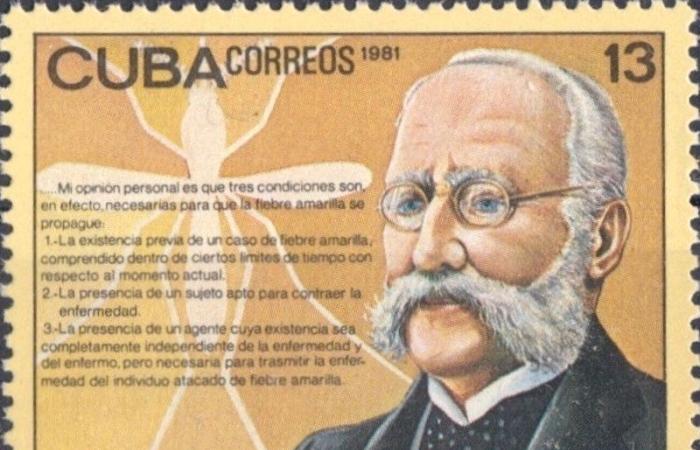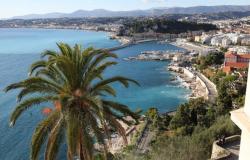A Latin American Day of Medicine (Latin American Medicine Day) had first been instituted and placed on December 3, the anniversary of the birth of Doctor Carlos Juan Finlay, a Cuban physician in 1833. During the Cuban wars of independence, he was hired by the United States Army to analyze casualties of soldiers due to yellow fever. It was he who demonstrated that the spread of this disease was through mosquitoes. Aedes aegypti. Which contradicted the theory of American doctor Walter Reed who claimed that it was of bacterial origin.
When Carlos Juan Finlay went to the United States in February 1881 to present his work The mosquito hypothetically considered as an agent of transmission of yellow feverit is totally ignored by scientific circles that have remained faithful to Reed’s theory. It was not until 1911, when France decided to award Finlay the Legion of Honor for his discovery which saved thousands of lives and England awarded him the Mary Kinsley medal, that Finlay was recognized internationally as the true discoverer. of the agent of yellow fever. Finlay was nominated seven times for the Nobel Prize in medicine, but the United States, a bad player, scuppered the deal each time. It was not until the 1950s that the historical truth was finally clarified.
Finally a Pan American Medical Physicians Day (Pan American Day of Doctors and Medicine – Pan American Day of Doctors and Medicine Day) was proposed by the Argentine Medical Federation through Professor Remo Bergoglio during the Pan American Congress of Medicine held in 1953 in Dallas, Texas, organized by the Pan American Health Organization (PAHO).
The day from December 3 (National Doctor’s Day in Cuba) in honor of the Cuban doctor Carlos Juan Finlay Barrés is particularly celebrated in Cuba where this doctor was born (of Scottish and French parents), who died in Havana in 1915. Medicine, if it is no longer in Cuba what it was a few decades ago, remains a major sector in the country, both a product of propaganda for the regime and real aid to many of the poorest countries on the planet. Currently, some 28,000 health professionals work in 58 countries. Since the 1960s, more than 400,000 have worked all over the world. This is one of the great prides of Cuba, whose regime is today in decline.
An article from theAlmanach international editions BiblioMondeDecember 2, 2024
Health






